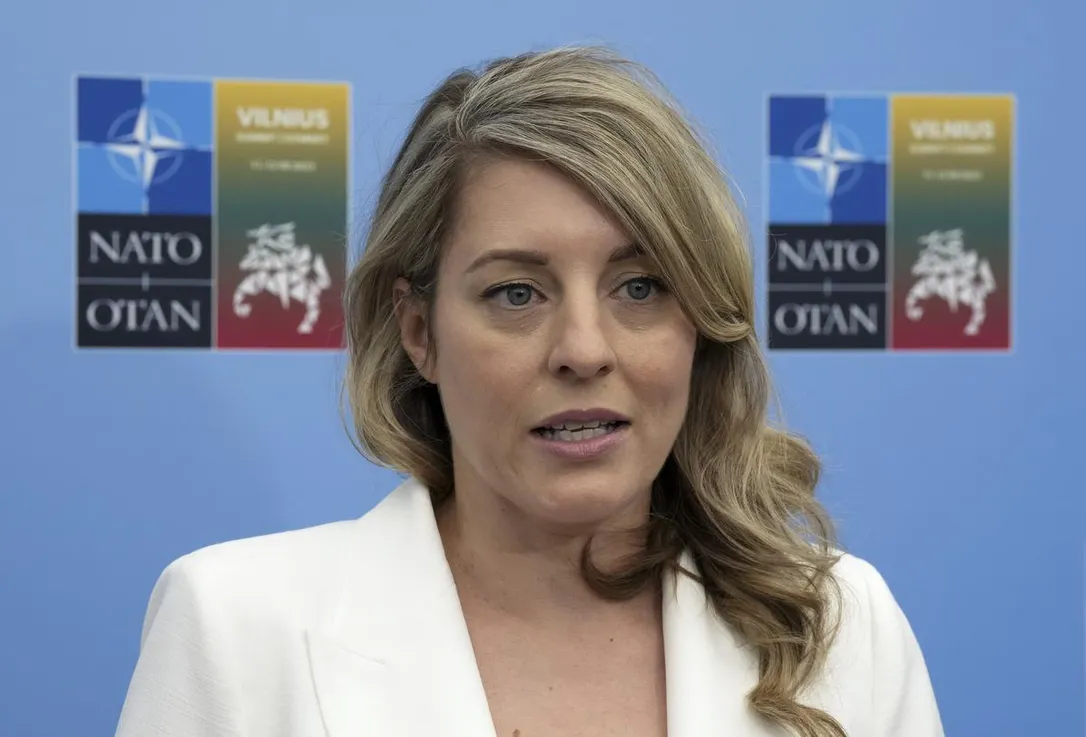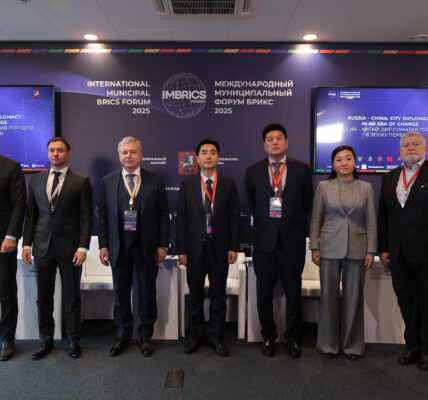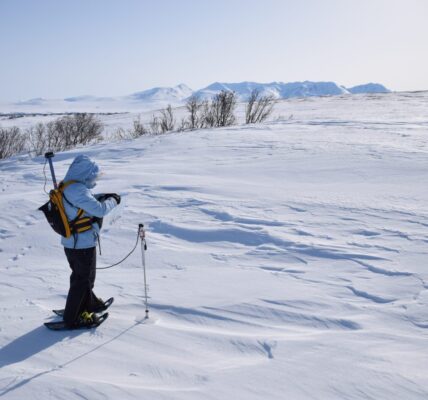The Arctic is more important than ever, why is Canada paring back its Arctic engagement?
While Canada announced it will close its Arctic centre in Norway, Washington shared plans to re-establish a U.S. post there.
The recent announcement that Canada is closing its Canadian International Arctic Centre in Oslo is puzzling. This not only comes as Arctic geopolitics are increasingly intense and complex, it contradicts a recent review of Global Affairs calling for more, not less, international engagement.
Foreign Affairs Minister Melanie Joly said the closure would “allow the team to better co-operate with other government departments and agencies, enhance our capacity to deliver on the department’s international Arctic mandate, and strengthen implementation of the International Chapter of the Arctic and Northern Policy Framework.” How it will do so is far from clear.
In recent years, largely fuelled by Russia’s military adventurism, international attention on the Arctic increased dramatically. Amidst the international rhetoric, Canada offered vague promises of expanding its Arctic presence. As Indigenous rights and climate change have largely replaced its Cold War Arctic agenda, Ottawa has for decades spoken of “new” Arctic strategies and North-centred approaches to policy making.
Over the years Canada has had an impressive Arctic presence, led by world-class northern scholars, globally engaged Indigenous politicians, and self-governing northern territories that maintained connections with other Arctic nations. Canada took the lead on establishing the Arctic Council, and Canadians played key roles in developing the University of the Arctic.
But while elements of Canada’s circumpolar engagement remain strong, our overall standing among Arctic nations is slipping. This coincides with a surge in European interest. Norway is particularly active, hosting the Arctic Council in Tromso, a northern community that is a centre for Arctic research. The High North Dialogue in Bodo, Norway, is a very effective region-building exercise in the circumpolar world, mingling business and political leaders with graduate students and community practitioners. International events like the Arctic Circle Assembly in Iceland and Arctic Frontiers Conference in Norway attract global attention. Greenland, with two international airports nearing completion, will become a preeminent Arctic destination and tourism centre. Canada has no comparable advances.
Canada’s Arctic shortcomings range from inadequate internet connections to a widespread housing crisis. Education urgently needs reform; there are no northern universities on par with research-intensive institutions in Alaska, Norway, Finland and Sweden; food security is a worry in many fly-in communities; and health care is a patchwork.
There are bright spots. Path-breaking modern treaties are reshaping the North in dramatic ways; self-governing Indigenous communities continue to make effective changes; and the northern resource economy has engaged with Indigenous governments in mutually beneficial ways. Respect for Indigenous knowledge, increasingly sparked by the looming ecological crisis, grows steadily. But these achievements do not offset challenges with quality of life and socio-economic opportunities across much of the North.
In a superb piece of irony, Canada’s withdrawal from Norway was matched a few days later by Washington’s plan to re-establish a U.S. “presence post” in Tromso, which is 350 kilometres inside the Arctic Circle, further north than Iqaluit or Inuvik in Canada.
America’s return, even with a single diplomat, sends a strong signal to Europe, just as Canada’s decision to pare back its Arctic engagement speaks volumes about the importance of the Arctic in 21st century Canada.
These latest moves by Ottawa and Washington send two very different messages about their commitment to Arctic security.
By Ken Coates. Contributors – Carin Holroyd. Ken Coates is a senior fellow of the Macdonald Laurier Institute and a faculty member at Yukon University. Carin Holroyd is a professor of political studies at the University of Saskatchewan.




